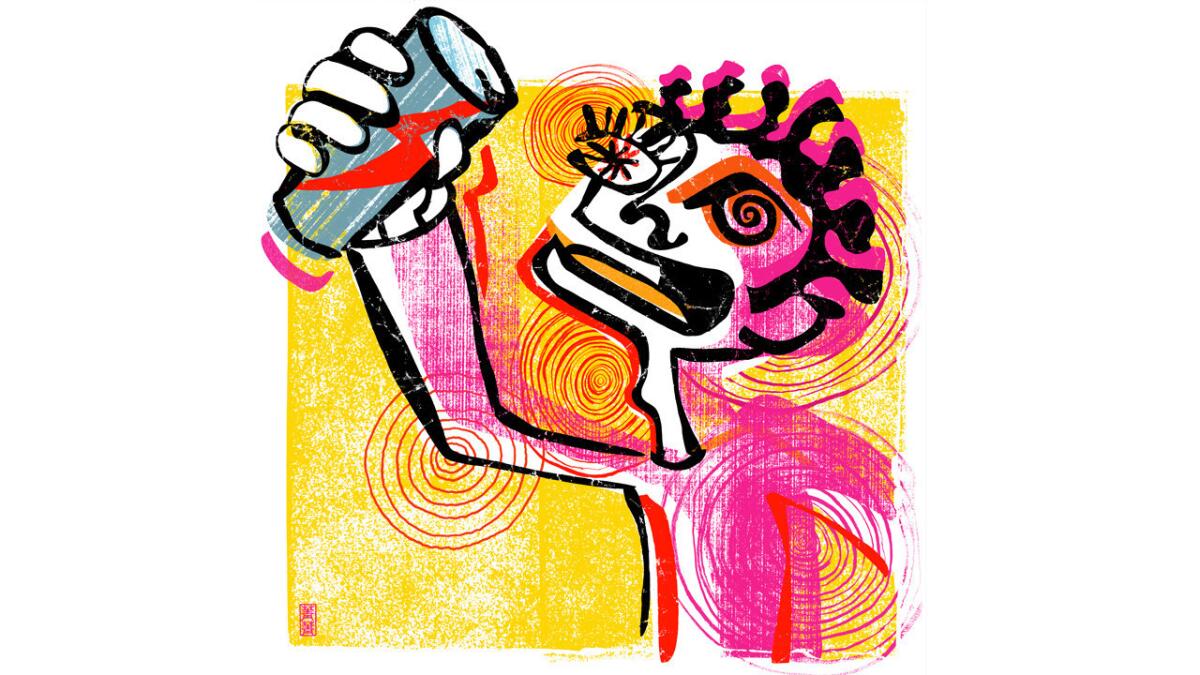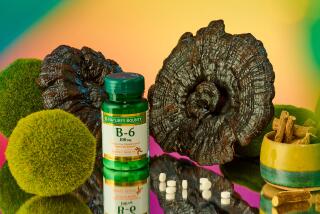Researchers detail what a Rockstar energy drink does to your body

Drinking a single can of Rockstar energy drink caused a spike in blood pressure in healthy adults who participated in a small study at the Mayo Clinic.
If you thought energy drinks were little more than sugar water, scientists from Mayo Clinic can assure you that they really do pack a punch.
A team of cardiovascular researchers at the esteemed clinic in Rochester, Minn., reported that a single can of Rockstar energy drink can boost your blood pressure and cause the fight-or-flight hormone norepinephrine to increase in just 30 minutes.
These discoveries were made with the help of 25 volunteers, each of whom who downed a 16-ounce can of Rockstar on an empty stomach in five minutes or less. A single can contained 240 milligrams of caffeine and 2,000 mg of taurine, along with guarana seed, ginseng root and milk thistle extracts.
See the most-read stories in Science this hour >>
On another day, the same volunteers swigged a “placebo” energy drink that had the same taste, texture and nutrients as Rockstar but none of the caffeine, taurine or other stimulants. The 14 men and 11 women didn’t know which of the drinks they were getting on each day.
All of the volunteers were in good health. Their average age was 29 and their average body mass index was 25, right on the border between having a normal weight and being overweight. None of them were on medications, and none had consumed alcohol or caffeine in the 24 hours before each test.
Just before taking their first swig, the volunteers allowed researchers to measure their heart rate and blood pressure and to draw a sample of blood. All of those tests were repeated 30 minutes after their cans were emptied. Just like the volunteers, the researchers taking the measurements didn’t know who got the real energy drink and who got the placebo.
The volunteers started out with heart rates and blood pressure readings in the normal range. After consuming Rockstar, their systolic blood pressure rose about 6%, from 108.4 millimeters of mercury to 115 mmHg, on average, and their diastolic blood pressure rose nearly 7%, from 64.3 mmHg to 68.5 mmHg, on average. By contrast, systolic blood pressure rose just 3% and diastolic blood pressure was flat after drinking the placebo beverage.
Both drinks led to a slight uptick in the heart rate – an average of 3.1 additional beats per minute for Rockstar and 4.3 more for the placebo. Those outcomes were essentially the same.
The biggest difference was in blood levels of norepinephrine, a precursor of epinephrine (a.k.a. adrenaline). After consuming the real energy drink, the average amount of norepinephrine rose from 149.8 to 249.8 picograms per milliliter of blood. That compares with an increase from 139.9 to 178.6 pg/mL after finishing the placebo drink.
To see whether stressful situations would bolster the energy drink’s effects, the researchers asked the volunteers to answer math questions, squeeze a hand grip or submerge a hand in ice water for two minutes. None of those stressors had a discernible effect.
Even so, the findings caused the researchers to fret. The increases in blood pressure and norepinephrine after consuming an energy drink may make people more vulnerable to cardiovascular problems, they wrote in a study published online Sunday by the Journal of the American Medical Assn.
However, they added, the results might be different with another energy drink or a larger group of volunteers.
Follow me on Twitter @LATkarenkaplan and “like” Los Angeles Times Science & Health on Facebook.
MORE FROM SCIENCE:
Pear-shaped vs. apple trumps body mass index as a measure of risk
Religion doesn’t make kids more generous or altruistic, study finds
Black Americans are closing the life expectancy gap with whites, CDC says






